HOME >>
Japan recalls Chinese ambassador over Diaoyu tensions
Source:Globaltimes.cn Published: 2012-7-15 16:54:00
| Latest News |
|
Japan's ambassador to China Uichiro Niwa will return to Tokyo on July 15 to discuss how Japan should respond to recent developments concerning the disputed Diaoyu Islands in the East China Sea, Japanese Foreign Minister Koichiro Gemba said on July 14, China Central Television reported, quoting Kyodo news agency. |
Koichiro Gemba denied the recall has any overtones of protest at China in connection with the issue. He said "We'll send Niwa back to Beijing soon after he finishes his job."
| View Points |
●Japan summons ambbassador just for more information
Zhou Yongsheng, professor of China Foreign Affairs University, said that in his opinion, Japan's temporary recall just aims to get more fresh information about China's attitude under the current situation. Zhou said the recall also shows that Japanese government has to pay more attentions to China’s reactions now.
●Former top Japanese official: Diaoyu Islands not Japan's
Former director of the International Intelligence Office of Japan’s Foreign Ministry says Japan’s claim to their sovereignty dates back to an 1895 decision by the Okinawa cabinet that the islands came under its jurisdiction. But according to Chinese history dating back to the 14th century, its military influence had already reached the territory.
●China won't yield to Japan's radical moves over disputes
China is not the radical party in these territorial disputes. The other parties also know this. It's time to demonstrate that China will firmly react to radical moves. Only when they clearly realize this can calm return to the west Pacific.
●Naval exercises routine, not warning to Japan
The military exercises are routine ones and they are not aimed at any country. Defense modernization is one of China's fixed policies. One aspect of this is conducting various military exercises. China's foreign policy sets peace and cooperation as its core, and any peace-supporting countries shouldn't be worried about or afraid of China's military exercises.
| Background |
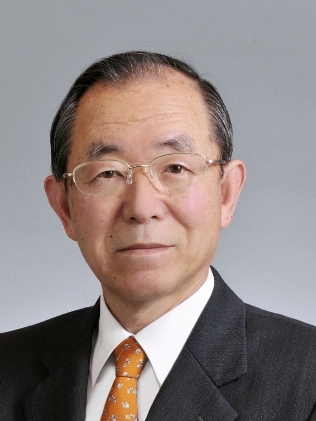 |
●In an interview with the Financial Times on June 7, Japan's ambassador to China Uichiro Niwa warned that the Tokyo metropolitan government's plan to make an offer to buy the Diaoyu Islands would cause an extremely grave crisis in the China-Japan relationship. ●Niwa's comments have been shouted down in Japan. His government bosses disavowed his remarks and censured him. Opposition members clamored for his dismissal. ●Niwa was asked by Japan's Foreign Ministry to apologize for his words later. |
| Related Reports |
| Recent News | |
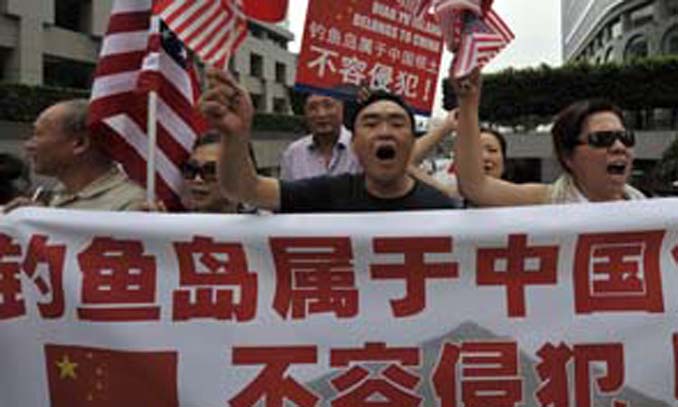 |
Chinese-Americans protest against Japan's island claims A group of Chinese-Americans rallied on July 12 outside the Japanese consulate here against Tokyo's recent provocations over China's Diaoyu Islands. |
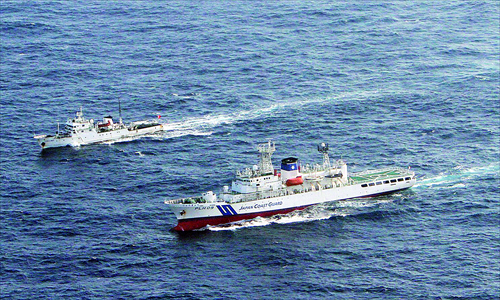 |
China reaffirms sovereignty China reaffirmed its position on the disputed islands in the East China Sea on July 11, denouncing Japan's protest over Chinese fishery patrol ships' entry into waters near the islets in the latest territorial row between the two nations. |
| ●China refuses Japan's representation over Diaoyu Islands | |
| ●Private deals between US, Japan concerning Diaoyu Islands "invalid": Chinese FM | |
| ●Chinese ships conduct routine patrol near Diaoyu Islands | |
| ●Japan playing with fire over Diaoyu Islands | |
| ●Envoy's return 'not a protest' | |
| Special Coverage | |
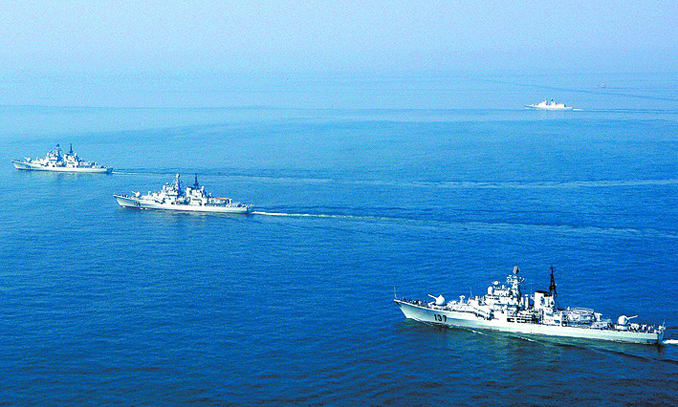 |
Chinese navy holds live-fire drill in E.China Sea The Chinese navy conducts a six-day live ammunition drill in the East China Sea starting on July 10. |
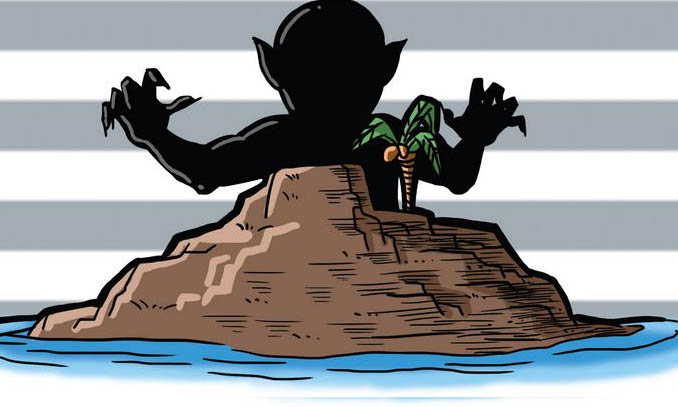 |
Diaoyu Islands can't be 'bought': FM spokesman China reiterated its sovereignty over the Diaoyu Islands in the East China Sea on July 7, dismissing the Japanese government's latest nationalization plan which escalated the row between the two nations. |
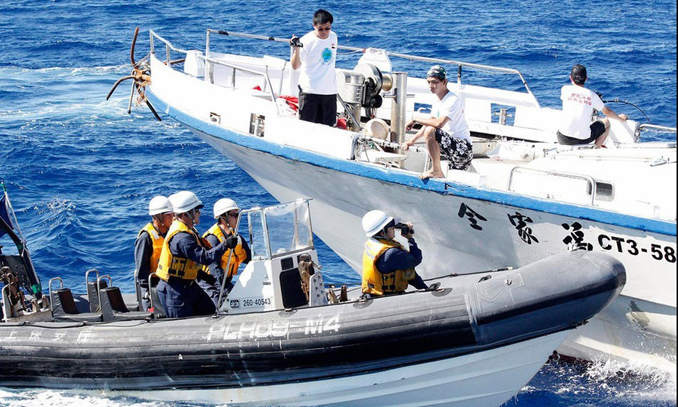 |
Taiwan boat enters Diaoyu waters Officials from Taiwan's Coast Guard Administration said five patrol boats had been sent to protect a boat, the Chuan Chia Fu and the nine people on it, after it sailed into waters close to the Diaoyu Islands in the East China Sea, in a move to strengthen sovereignty over the islands. |
Posted in: Frontpage
